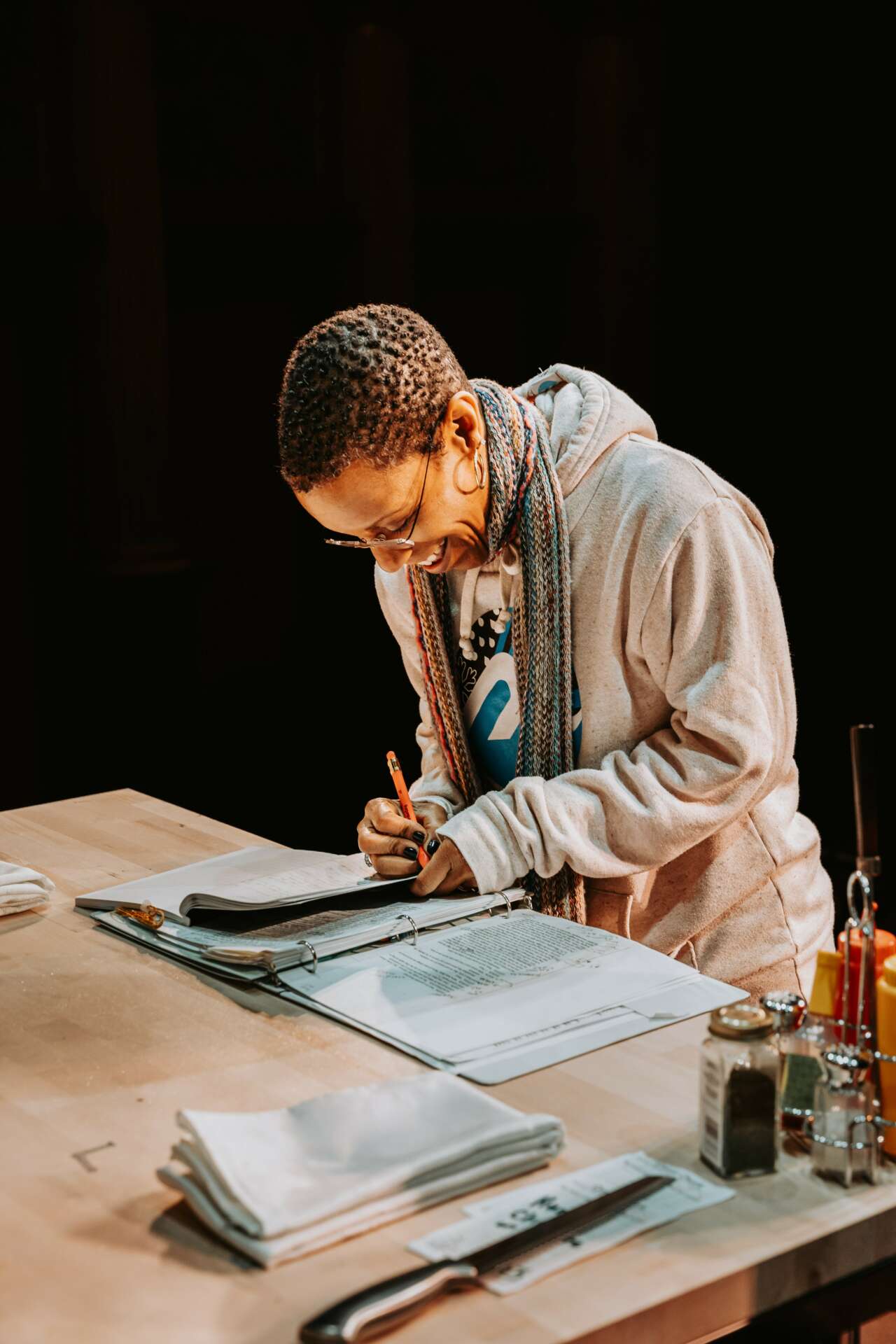We caught up with the brilliant and insightful Amisha Groce a few weeks ago and have shared our conversation below.
Amisha , thanks for taking the time to share your stories with us today Can you talk to us about how you learned to do what you do?
How did you learn to do what you do? My theatre education over the past 11 years and counting is predominately autodidactic. I read books like Directing Actors by Judith Weston, listen to podcasts like Let’s Shoot with Pete Chatmon, and watch anything and everything I can get my eyes and hands on to fill my directing toolbox. Additionally, whenever I am able, I attend various master classes like Ebony Road Players Visionary Academy and have been blessed with the opportunity to apprentice with seasoned directors. Doing has been my greatest teacher.
Knowing what you know now, what could you have done to speed up your learning process?
Having a full-time career as an educator and being the mother of, at the time, four school-aged children while simultaneously developing a career in theatre takes time. 10,000 hours of employing my skills in tandem with a mirror directing partner would have expedited my education. Collaborating with a mirror partner invites a level of technique that may eventually be achieved working independently, but it happens more quickly because you can probe one another.
What skills do you think were most essential?
The skills that continue to be the most essential are the discipline to carve out time and energy where there is none to hone my craft, being humble, knowing there is always more to learn, saying yes to opportunities that provide growth, and having the courage, audacity, and faith that I am who I say I am.
What obstacles stood in the way of learning more?
Entering the world of performing arts as a person who is very much an introvert was one obstacle because I didn’t know anyone. Additionally, I was not in a position financially, nor in the phase of life, to go back to school. But as the American actor and singer Billy Porter shared in one of my master classes, there are always angels along the way that remove those obstacles.

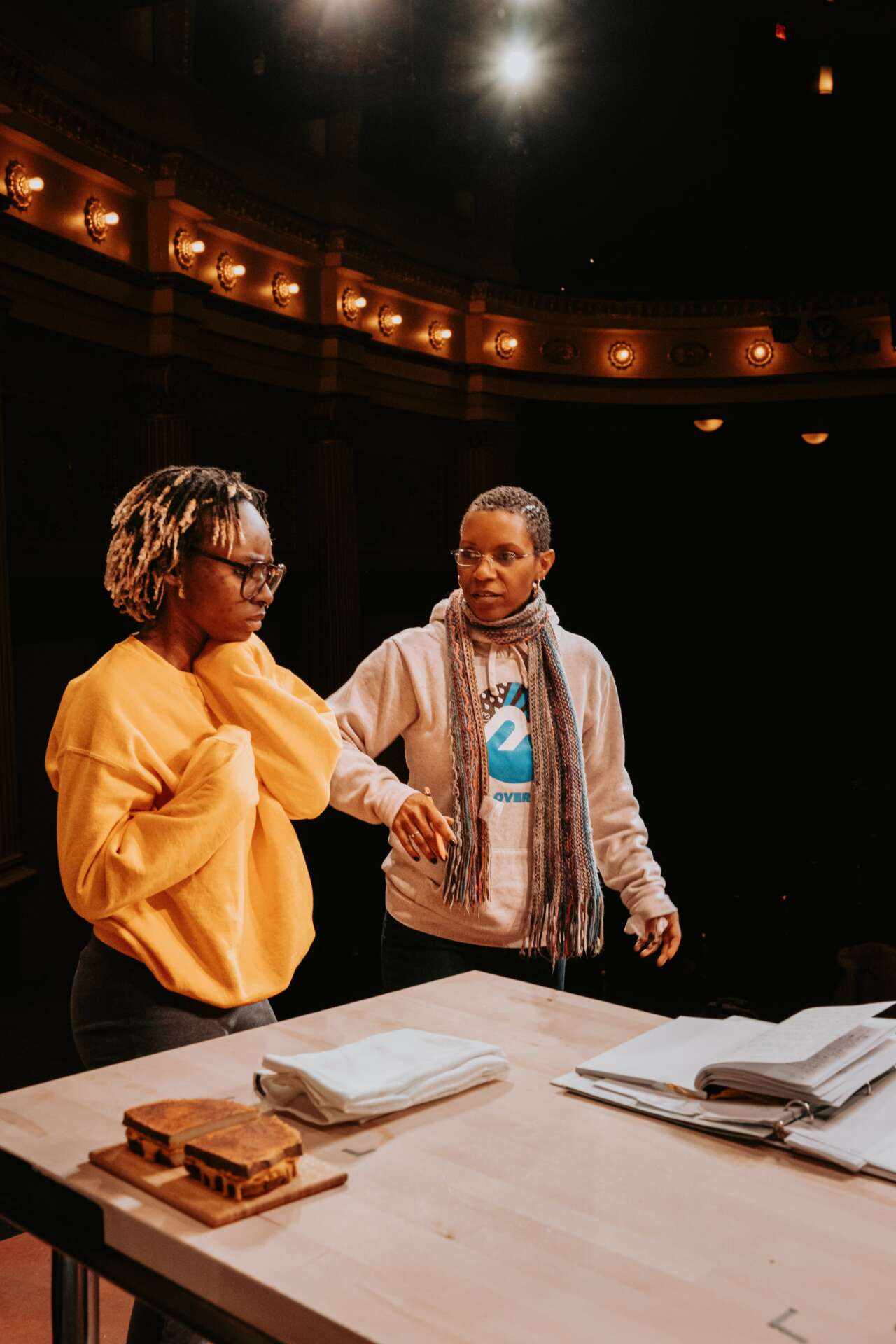
As always, we appreciate you sharing your insights and we’ve got a few more questions for you, but before we get to all of that can you take a minute to introduce yourself and give our readers some of your back background and context?
For folks who may not have read about you before, can you please tell our readers about yourself, how you got into your industry / business / discipline / craft etc,
Having a career in the arts was not considered a “real job” when I was growing up. For many years, I kept my creative passions on simmer. I took some animation courses, did a commercial, was part of a couple of straight-to-video productions, and upped my participation in the arts at church. Even with all of those creative irons in the fire, being a director was not someone I had known nor aspired to be.
After what I consider a valiant but failed effort to secure a spot on the television series The Voice, I couldn’t shake the thought, “That cannot be it.” After about a week and a few conversations with a trusted friend who was a professional vocalist, I decided to take voice lessons from the renowned jazz vocal performer Edye Evans Hyde. Two lessons in, she posed what seemed to me a peculiar question: do you want to be in a play? Little did I know she was in the process of developing what is now known as Ebony Road Players theatre company. I said yes, and my winding road toward directing continued. With the constant referrals from Edye Evans Hyde and the opportunities afforded through my work with Ebony Road Players, I quickly moved from actor to theatre reviewer to playwright to director.
What type of products/services/creative works you provide, what problems you solve for your clients and/or what you think sets you apart from others?
Casting a vision is the primary responsibility of the director. That vision, for me, is consistent and seasoned with the thoughts, ideas, and interpretations of the whole team, those behind, on, and beyond the stage. One of my responsibilities as a director is to create space for greatness. I aspire to continue providing the actors in my cast with a mirror partner, someone with whom they can spar about all things regarding their character. Originally, this idea was born of necessity.
My career in education includes teaching theatre, where everyone wants the principal roles. I thought, why not allow at least two students to play the same role in separate productions? This method also meant that at any time, they were fully prepared to step in for one another, and neither they nor their cast-mates would miss a beat. For the past 10 years, mirror casts have been how we do theatre, increasing equity and inclusion by multiplying the chances for students to develop as actors and communicators.
This year, I seized the opportunity to do the same for adult actors in community theater. That said, with adult actors, my motives for developing a mirror cast were more layered. My frustration with the lack of opportunities for actors from marginalized communities, especially of color, and the idea of the understudy only being needed if the principal player was unavailable transformed my intentions.
Finally, my brand of directing requires a deep understanding of the story we are telling, which is where my passion for dramaturgy and script analysis kicks in. Why is the story worth telling? For whom are we speaking? Empathy, insight, history, and relevant connections to our world today are imperative. Once all of these methods are said and done, I can say with pride, “We did the thing!”
What are you most proud of and what are the main things you want potential clients/followers/fans to know about you/your brand/your work/ etc.Please provide as much detail as you feel relevant as this is one of the core questions where the reader will get to know about you and your brand/organization/etc
I am most proud that my brand of mirror cast directing supports the development of and opportunities for both seasoned and novice actors. The seasoned actor brings experience, and the novice brings a fresh perspective into a world that, at times, can be set in its ways. If the actors are equally yolked, it provides the opportunity for great character collaboration and unlocking untapped discoveries. All scenarios contain the makings of exceptional theatre as the story to be told will be more thoroughly explored because two heads are better than one.
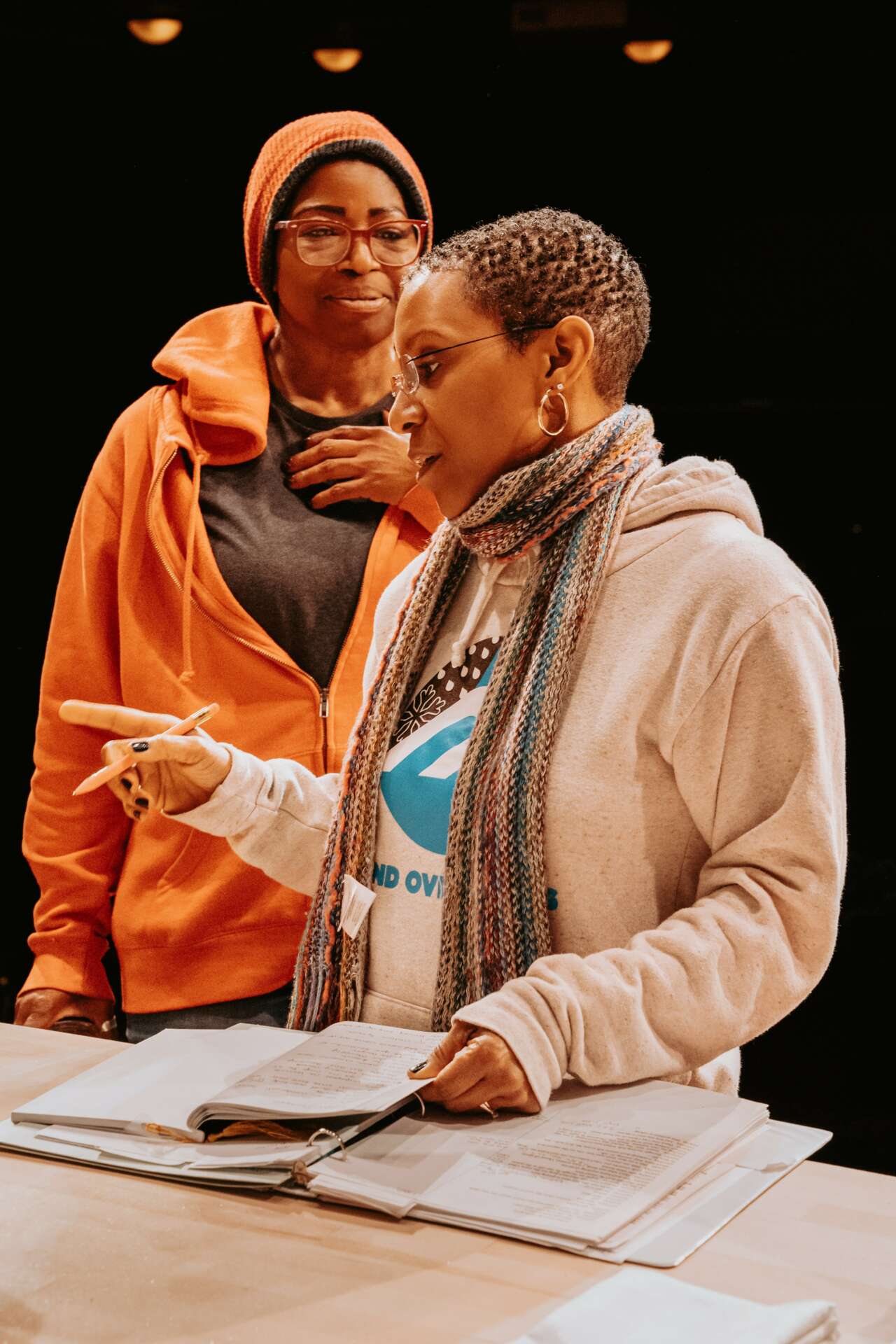
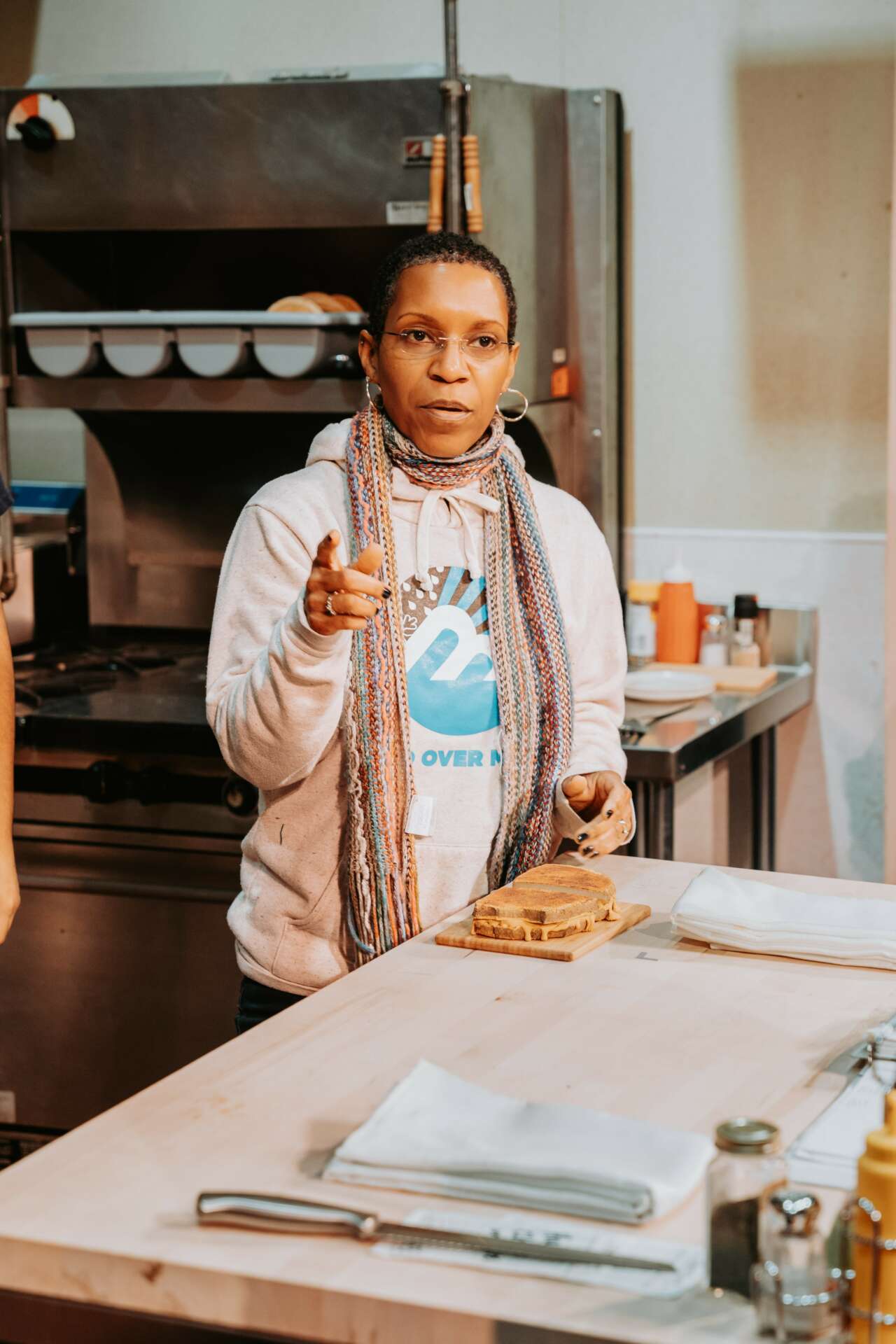
For you, what’s the most rewarding aspect of being a creative?
One of the most rewarding aspects of being a part of a community of artists is having the freedom to play. As adults, we sometimes get so caught up in responsibility and have to dos that imagination falls by the wayside. When I am working, a large portion of my job is to daydream with purpose.
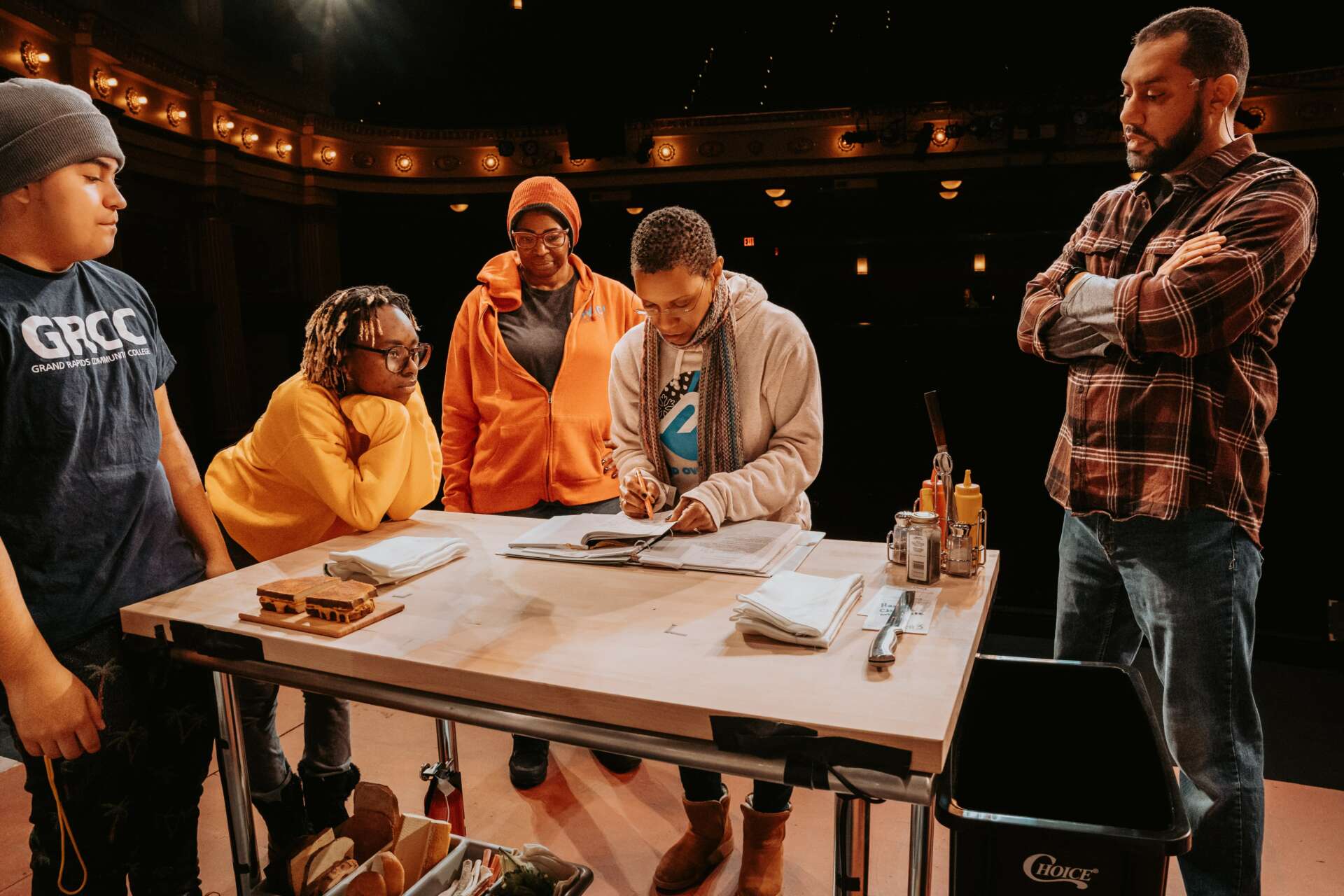
What do you think is the goal or mission that drives your creative journey?
The poem by Langston Hughes, Dream Deferred, reminds me of what could happen if I stall on my creative journey. Dreaming is great, but as Shonda Rhimes stated in her commencement address to the graduating class of her college alma mater, be a doer. And so I am.
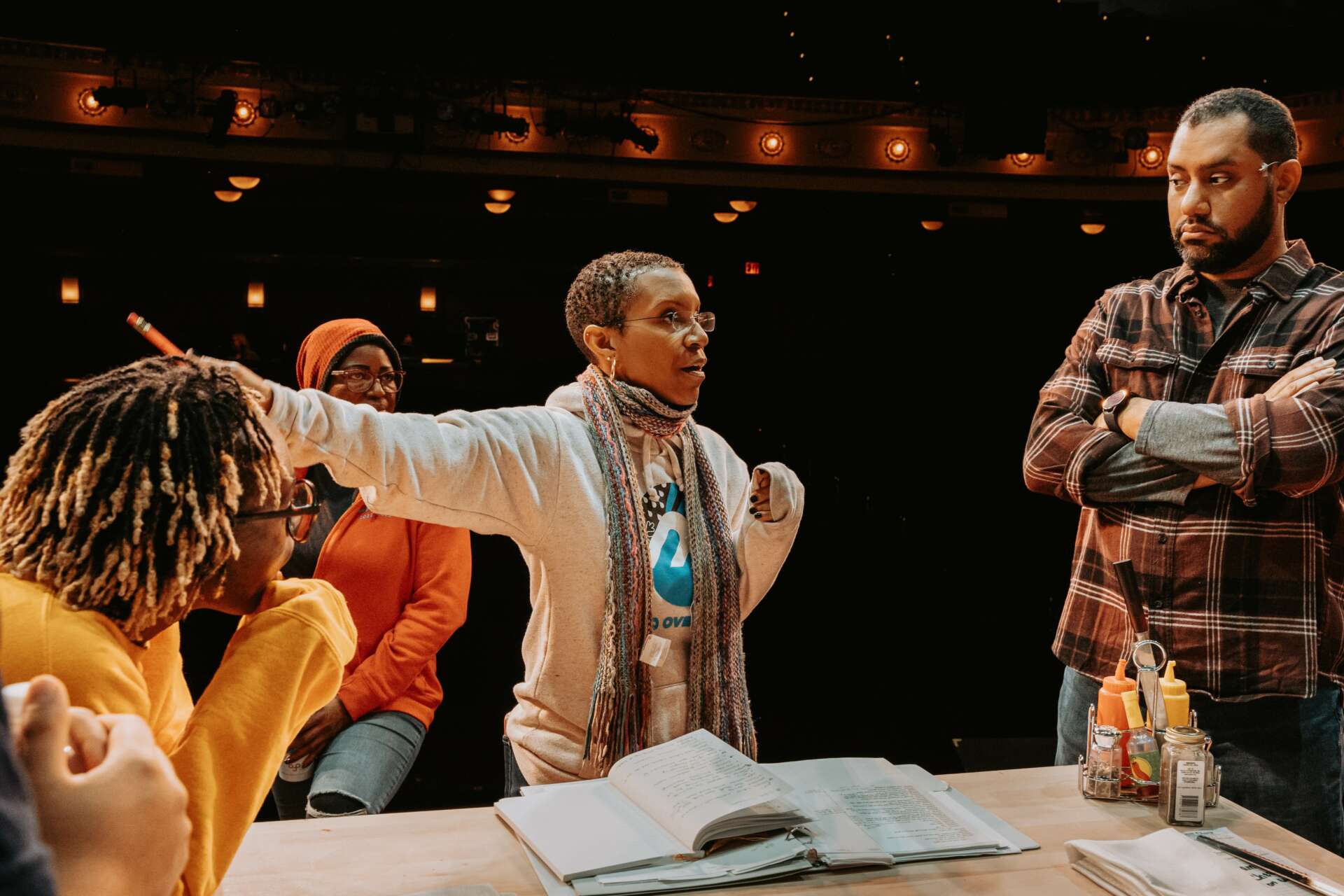
Image Credits
NISSAJ PHOTOGRAPHY + FILM


